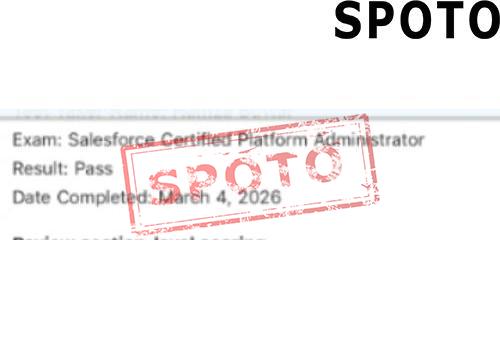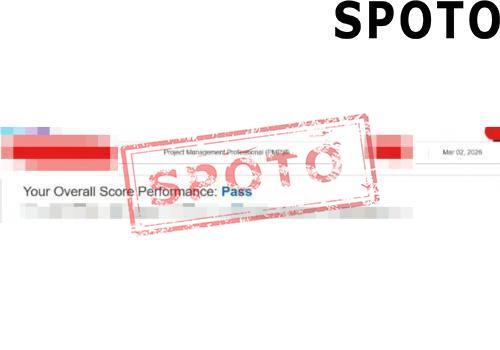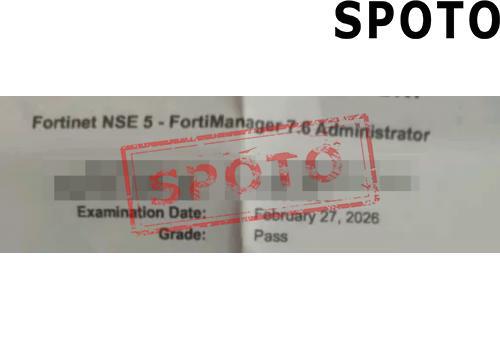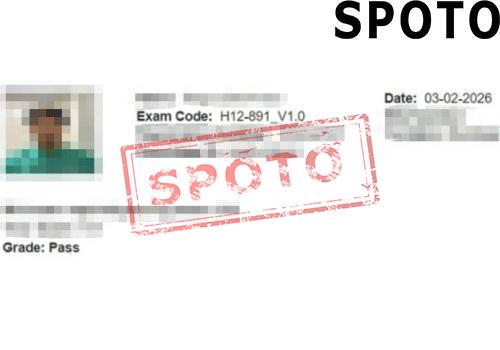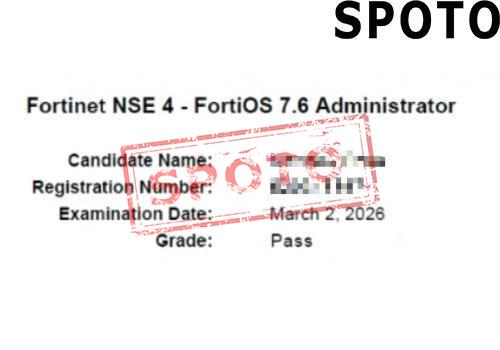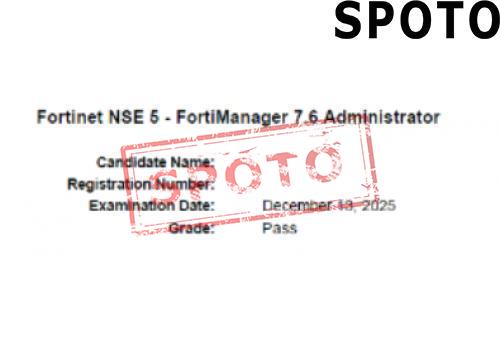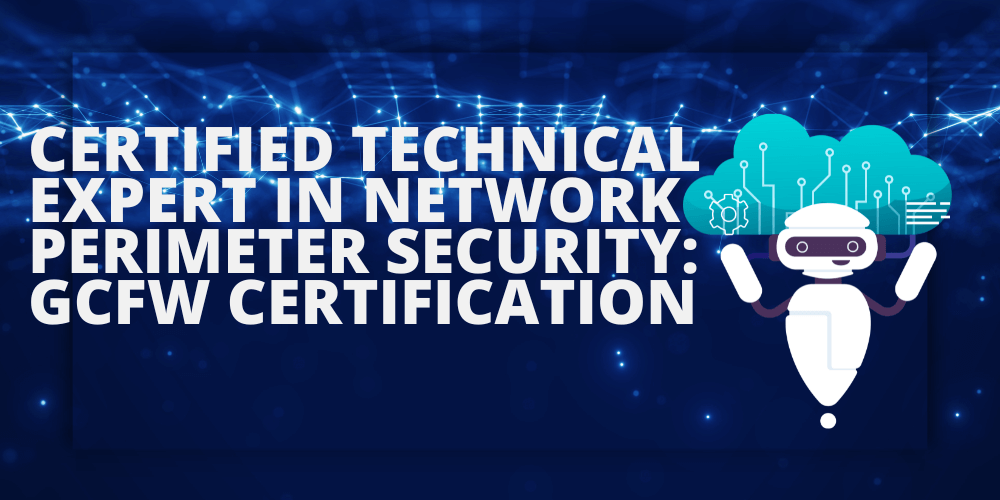
Table of Contents
By reading this article, you will know that GCFW is an expert certification in the field of network perimeter security and a key qualification for establishing authority in the field.
1. What is GCFW certification?
The GIAC Certified Firewall Analyst (GCFW) is a professional certification offered by GIAC, a subsidiary of the SANS Institute, a globally renowned cybersecurity research organization. It focuses on the in-depth configuration, analysis, and defense optimization of firewalls and network perimeter security. GCFW verifies the holder's practical expertise in firewall technology, network access control, VPN configuration, and perimeter threat detection, making it a prestigious qualification demonstrating exceptional technical depth in the field of network security perimeter protection.
As the first line of defense in network security, the rationality of firewall configuration and the effectiveness of its rules directly determine the protective capabilities of the network perimeter. The core purpose of the GCFW certification is to cultivate a guardian of network perimeter security. It requires not only a mastery of the technical principles and advanced configuration of various firewall types, but also the ability to identify anomalous access through log analysis, optimize rules and policies, and integrate with other security devices to build a defense-in-depth system to effectively defend against various attacks at the network perimeter. Positioned as a "perimeter expert" in network security architecture and operations, GCFW emphasizes practical technical skills and problem-solving rather than purely theoretical knowledge.
2. Career Advantages of Holding the GCFW Certification
The GCFW is renowned for its deep technical depth and practical application. With a limited number of holders worldwide, it is considered an "expert-level certification" in network perimeter security and is highly recognized by organizations with stringent network protection requirements, such as those in the financial, energy, and government sectors. It serves as a key screening criterion for companies recruiting firewall experts or perimeter security managers, and it also serves as an authoritative certification for perimeter security technology.
Preparing for the exam requires extensive practice in firewall rule configuration, log analysis, and attack detection, significantly enhancing the ability to address complex perimeter threats. This significantly enhances the certificate holder's practical skills. For example, certificate holders are required to configure NGFWs to defend against unknown application attacks and trace the initial entry point of APT attacks through logs.
Compared to basic network security certifications, GCFW holders possess significant advantages in advanced firewall configuration and perimeter defense optimization, providing a differentiated competitive advantage in their careers. Salaries are significantly higher than those for typical security positions, and there is significant potential for advancement, particularly in network security architecture and operations. By passing the GCFW exam, certificate holders can join the professional communities of GIAC and SANS, obtain the latest firewall technical documentation, vulnerability intelligence and peer exchange opportunities, and continue to follow the cutting-edge trends in network boundary security to obtain cutting-edge industry information.
3. How much do you know about GCFW certification?
The GCFW assessment focuses on the entire process of firewall and network perimeter security, with a strong focus on practical technical skills. Core areas include firewall technology principles and advanced configuration of network access control and VPN technologies.
Practitioners are required to have a deep understanding of the differences and applicable scenarios between packet filtering firewalls, stateful inspection firewalls, application-layer firewalls, and next-generation firewalls. They must master the logical design of firewall rules, design firewall-based network partitions, and use access control lists to restrict inter-zone traffic and prevent lateral movement. They must also be proficient in the deployment and encryption configuration of IPsec VPNs and SSL VPNs, identify VPN abuse risks, configure multi-factor authentication for VPN access, and implement refined permission management based on protocols.
Firewall log analysis and threat detection involve extracting key information from firewall logs, identifying abnormal patterns, detecting common perimeter attacks through log analysis, distinguishing normal business traffic from malicious behavior, analyzing the causes of false positives in firewall alerts, and optimizing rules to reduce interference. Identifying missed attacks through log backtracking is also a daily part of GCFW practitioners' work.
In addition, practitioners also need to master the ability to configure firewalls and intrusion detection systems, send firewall logs to security information and event management systems, and perform correlation analysis in combination with other device logs to restore the attack chain. In the event of a security incident, the firewall should quickly implement emergency measures to contain the spread of the attack, ensure that firewall rules comply with industry regulations, establish firewall configuration baselines, regularly audit the effectiveness of rules, assess the security vulnerabilities of the firewall itself, and develop patch update plans to prevent the device from becoming a weak link in protection.
4. Qualifying for the GIAC Certified Firewall Analyst certification
(1) Prerequisites
There are no mandatory requirements for GCFW certification, but the official recommendation is that practitioners have a solid network foundation and 1-2 years of experience in firewall configuration or network security operations, and be familiar with the operation of at least one mainstream firewall brand. GIAC officially recommends that candidates first participate in SANS's "SEC502: Securing Network Infrastructure" training course, which is a core preparation resource for GCFW, but is not mandatory.
(2) Taking the exam
The GCFW certification lasts a total of 4 hours and covers approximately 100 single-choice questions, multiple-choice questions, and scenario analysis questions. Some questions will provide real firewall configurations or log fragments, requiring analysis of the problem and providing solutions. The full score is 100, and 70 points or above are considered passing.
(3) Maintaining certification
The GCFW certificate is valid for 4 years, and 36 continuing professional education (CPE) credits must be accumulated every 4 years to maintain certification.
5. Similar certifications of GIAC Certified Firewall Analyst certification
- Check Point Certified Security Administrator (CCSA)
- CompTIA Network+
- Palo Alto Networks Certified Network Security Administrator (PCNSA)
- Cisco Certified CyberOps Professional: Security Core
